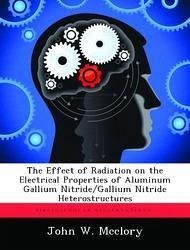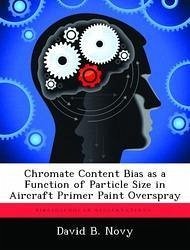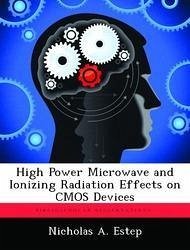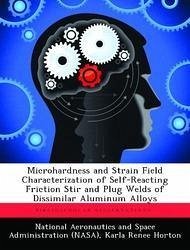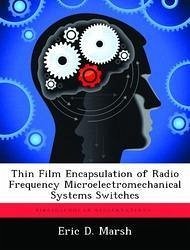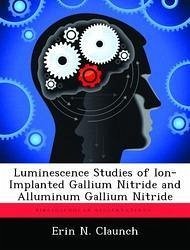
In Vitro Toxicity of Aluminum Nanoparticles in Rat Alveolar Macrophages
Versandkostenfrei!
Versandfertig in über 4 Wochen
52,99 €
inkl. MwSt.
Weitere Ausgaben:

PAYBACK Punkte
26 °P sammeln!
Nanomaterials, which are by definition in the 1 - 100 nanometer range, have numerous possible benefits to society, but currently there is a lack of data that characterizes these materials effects on human health and environment. In general nanomaterials are of interest to the Air Force because of their applications in electronics, sensors, munitions and energetic/reactive systems. Nanoparticles such as aluminum have been considered for enhancing propulsion in solid rocket fuel. To date, only a few studies have looked at the toxicological effects of direct exposure to nanoparticles, none with a...
Nanomaterials, which are by definition in the 1 - 100 nanometer range, have numerous possible benefits to society, but currently there is a lack of data that characterizes these materials effects on human health and environment. In general nanomaterials are of interest to the Air Force because of their applications in electronics, sensors, munitions and energetic/reactive systems. Nanoparticles such as aluminum have been considered for enhancing propulsion in solid rocket fuel. To date, only a few studies have looked at the toxicological effects of direct exposure to nanoparticles, none with aluminum. It is important to increase the understanding of the nanomaterial exposure health impact before these materials are throughout diverse levels of occupations or fully used in large capacities within industry and the military.






